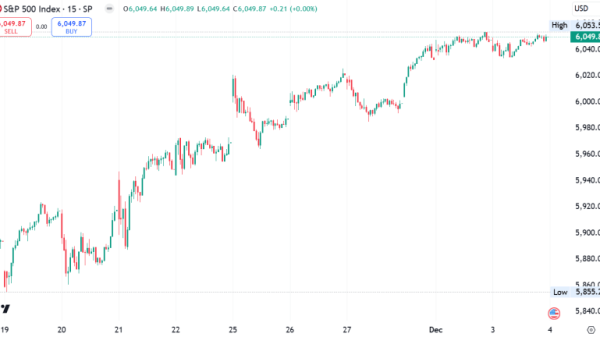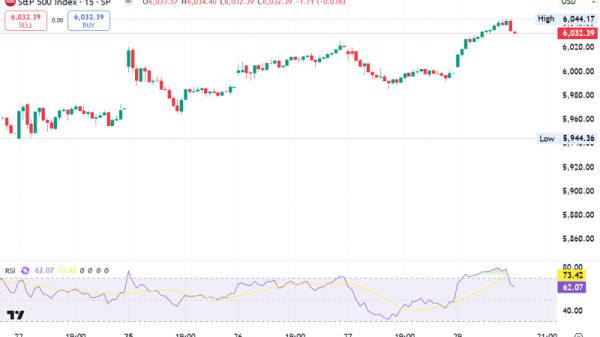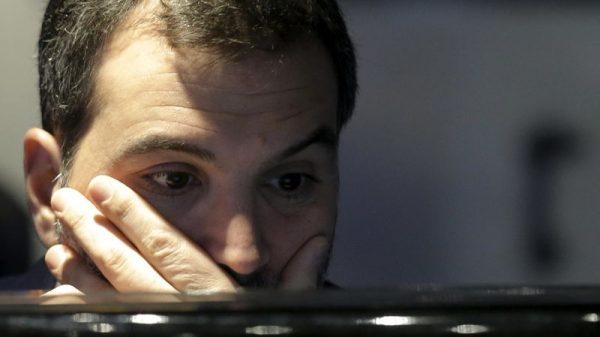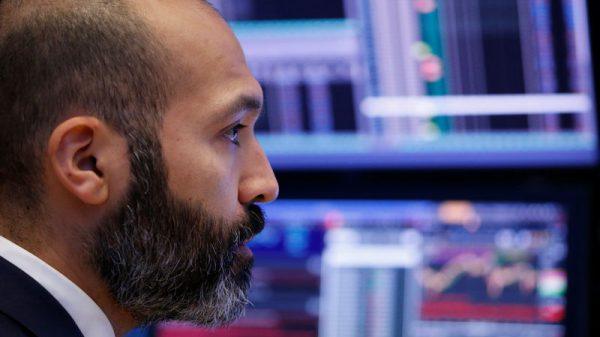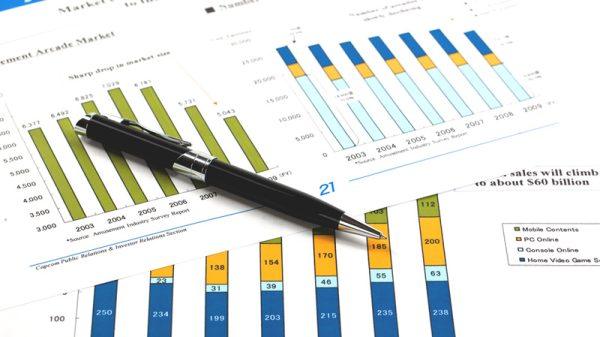BUDAPEST (Reuters) – Hungarian gross domestic product growth will be “very close to zero” in the third quarter, significantly below market expectations, Economy Minister Marton Nagy said on Thursday.
In power since 2010, Prime Minister Viktor Orban has struggled to revive Hungary’s economy after last year’s downturn following a surge in inflation to more than 25% in the first quarter of 2023, the highest level in the European Union.
Economists polled by Reuters expect third-quarter growth at an annual 1.3%.
“Our internal growth is secure,” Nagy told a business conference. “But external growth does not depend on us.”
“In an economy where the share of exports is worth 80% of GDP and exposure to the German economy is so strong, this is a difficult issue,” he said.
Nagy reiterated his view that Hungary has overcome the inflation crisis, with the latest data coming in below expectations. September inflation fell to the Hungarian central bank’s 3% target for the first time since 2021.
“Inflation is not an issue. Actual data have been coming in below expectations continuously. This is the result of lingering concerns over inflation. The central bank also appears to be stuck in inflation concerns,” he said.
Nagy’s remarks, however, appeared to be at odds with the central bank’s assessment, which has struck a cautious tone regarding further cuts from the EU’s highest, 6.5% benchmark rate level due to financial market risks.
Deputy Governor Barnabas Virag has flagged a likely pause in the bank’s interest rate cuts next Tuesday after an escalation of the conflict in the Middle East and a shift in the U.S. rate outlook pushed the forint to 18-month-lows.

